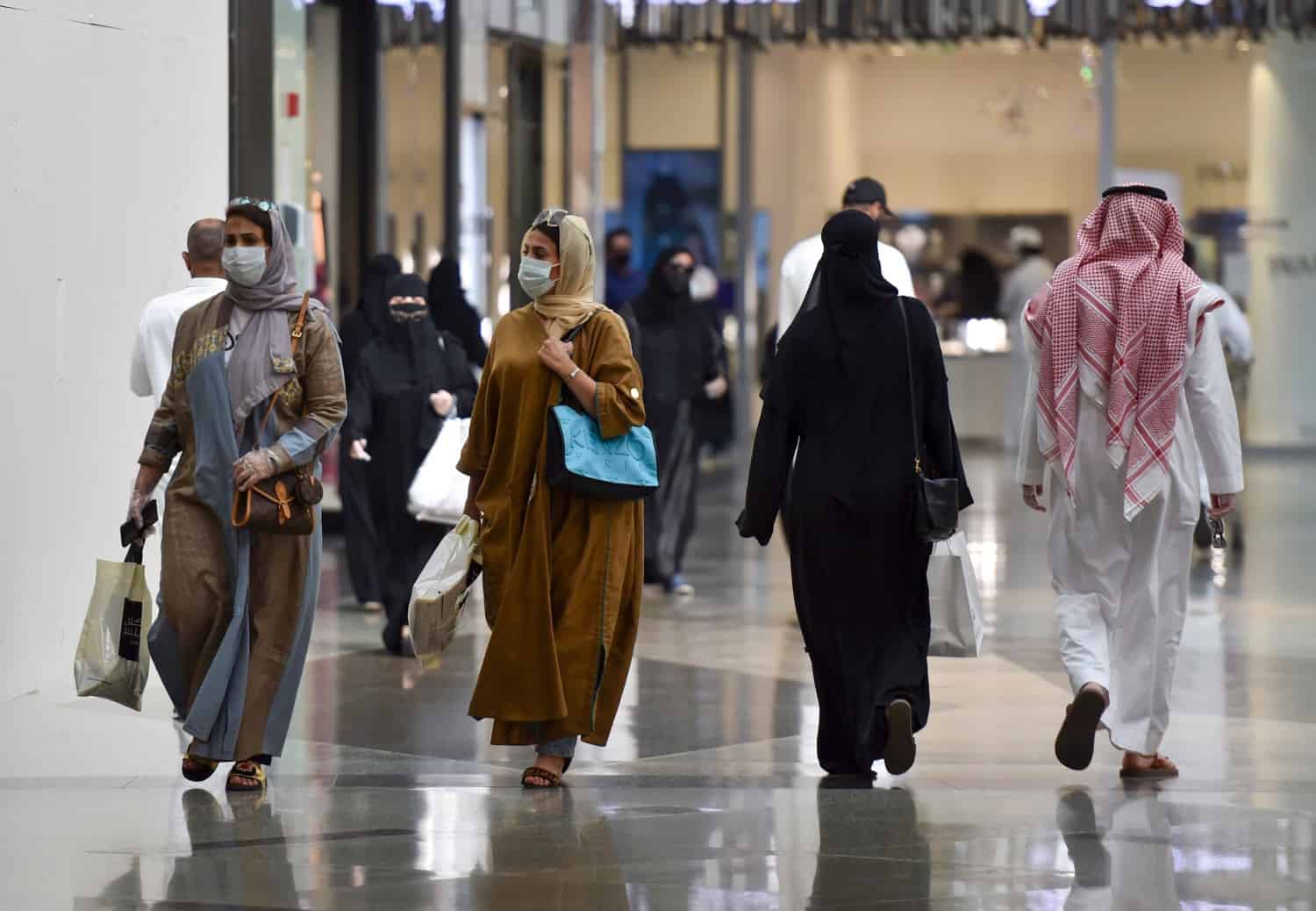Consumer demand has surged for various businesses during Ramadan, the most significant of which are food, apparel, and household products, mainly through smartphone commercials, which have become a source of revenue for international brands, particularly in the UAE.
The shopping behavior has changed a lot in the past two years as consumers are looking for promotions and offers especially in food, perishables, groceries, and home appliances.
Food trends and prices
There’s always a tendency in the market to increase the prices especially on “Ramadan” products, such as meat, poultry, perishables, and dairy products, says V. Nandakumar, Director – Marketing and Communications of LuLu Group to TRENDS.
Another trend currently taking place in UAE supermarkets is shoppers increasingly opting for healthier products nowadays.
Nandakumar added: “During Ramadan, usually we see surge in sales of food, grocery, and home appliances in the initial days, followed by lifestyle, fashion, and gifting as we near the Eid holidays”.
After COVID-19
After 2 years of the shy shopping behaviors due to the COVID-19 pandemic, many firms are providing encouraging offers and discounts to attract more consumers during the Holy month. As a group, Lulu has practiced a “price-freeze policy” during Ramadan especially on essential products.
In addition, Lulu launched a dedicated campaign under the theme of “Healthy Ramadan”, which will promote a big range of vegan, organic, diet-friendly, and free-from range of products from across the world.
Purchasing Choices in the UAE
About 67 percent of study users indicated that they would like to follow food advertisements, followed by 53 percent for apparel and 44 percent for domestic products, the top three categories.
While 47 percent of users in the UAE said that they are waiting for Ramadan deals to purchase a car, auto purchases are expected to increase during the holy month. Additionally, expenditure on women’s cosmetics increases during Ramadan, with a greater emphasis on perfumes (42 percent), skincare (35 percent), and hair care (34 percent).
A study of 56 percent males and 44 percent females aged 16–36 years old was done as part of AdColony’s in-depth study with independent research firm Global Webindex to examine consumers’ mobile device usage, buying preferences, time spent on mobiles; in addition to the impact of phone ads on UAE users.
Brands from abroad
To gain a better understanding of shopper trends during the Holy month, Meta’s “Facebook IQ” company, which specializes in providing insights and research, in collaboration with “YouGov,” specializing in opinion polls, revealed the results of a Ramadan research study titled “The Study of Ramadan and Eid,” which included over 13,000 participants in nine countries, including the UAE, Saudi Arabia, and Kuwait.
According to the research, approximately 64 percent of shoppers in the UAE were eager to try new brands and products from outside their borders, with 55 percent of them likely to make purchases from abroad during Ramadan and Eid if advertisements centered on shopping activities associated with these two significant occasions.
The analysis indicated that consumers spent more on cross-border goods during Ramadan 2022 than before. Additionally, research suggests that they shop in a variety of different categories. For example, 67 percent of customers in the UAE are receptive to overseas-shipped products from brands in the retail sector (46 percent), consumer packaged goods (46 percent), technology/telecom businesses (28 percent), and leisure (25 percent) and travel brands (12 percent).








